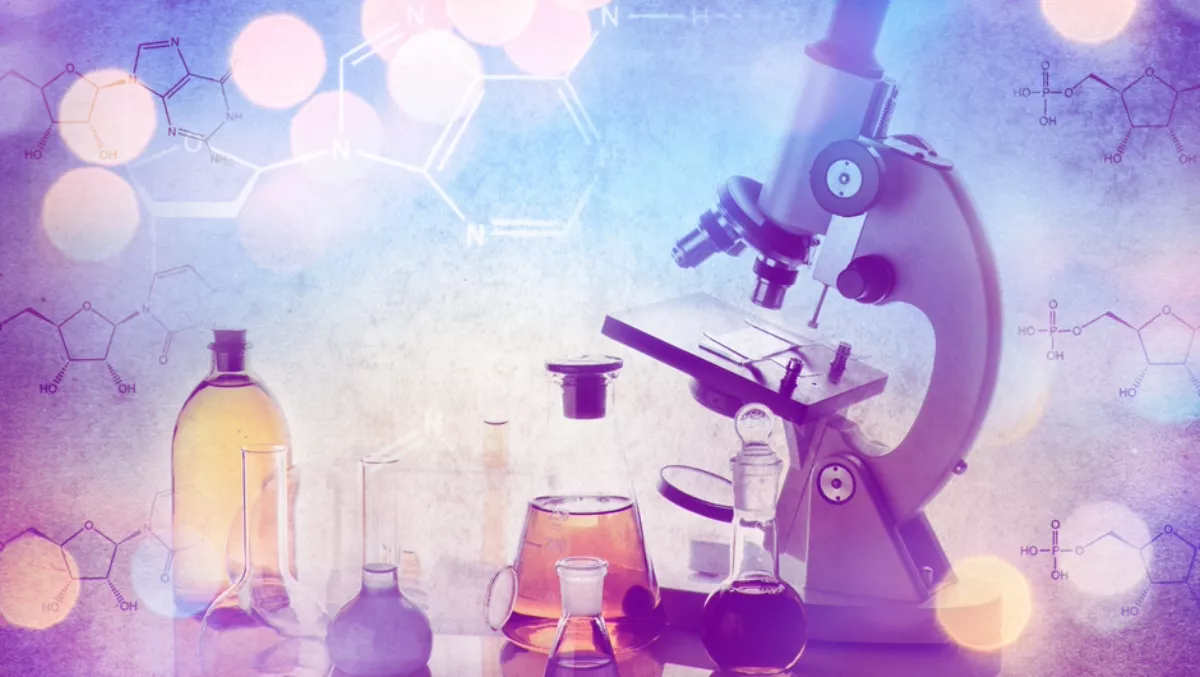
Science is alive and well in South Auckland schools
Schools in South Auckland are partnering up with STEM sponsors to cement science's place in the community. Ten new projects are getting underway, ranging from beehive monitoring and recycling research to robotic watering systems. COMET Auckland has a vision to connect every Aucklander with the right educational initiatives to realise their dreams. As a part of the SouthSci initiative, a pilot science participation platform, they are excited to be able to announce the newly funded projects. SouthSci manager Dr Sarah Morgan says the broad range of projects offer great ways for communities to engage with science and technology as equal partners. "The projects are fantastically diverse – from building useful structures out of recycled plastic to designing better school 'houses' for wētā." SouthSci project alumnus Nick Pattison says it is revolutionary for this kind of science initiative to take a foothold in South Auckland and empower its communities. "Traditional citizen science has not had a lot of relevance for South Auckland with a history of science organisations coming in to study and test, but not building long-term relationships with us. "In stark contrast, these projects put the power and ownership back in our hands, which we think is directly linked to their success.
There are ten projects that have secured up to $20,000 funding for 2017:- Papakura High School in collaboration with Massey University, investigating whether food waste can be used to create biochar that enhances plant growth and sequesters carbon
- Tangaroa College having established beehives with the help of BeesThingz, investigating whether they can predict beehive health by using sensors to monitor hives
- Wesley Intermediate and Conifer Grove School in collaboration with product development engineers from Fisher - Paykel Healthcare, co-designing and developing a safe method for recycling HDPE plastics into building materials, which are structurally sound and safe enough to build learning and play structures at the schools
- Ormiston Junior College in collaboration with Dr Shaun Forgie, investigating whether the presence of dung beetles on effluent affects soil and the volume and biochemical composition of water that runs off following rainfall
- Mangere Mountain Education Trust, Mangere Bridge Primary School and Makaurau Marae, investigating the effect of rodent control on the kumara yield in their urban garden
- East Tamaki School investigating which chemicals in worm tea and vermicast affect plant growth the most, with chemists from University of Auckland.
- Dawson Primary School - Aorere College in collaboration with Auckland Zoo and Fisher - Paykel Healthcare, re-designing wētā houses that are more desirable to wētā, exclude pests and allow scat collection for research
- Willowbank School in collaboration with Plant - Food Research and Watercare, designing a robotic watering system triggered by a sensed level of soil moisture
- Ngāti Paoa Iwi Trust and Point England School in collaboration with Mahurangi Technical Institute and Auckland University's Marine Institute, investigating the capture and raising of juvenile flounder as a first step to re-stocking flounder in the Manukau Harbour
- Sir Douglas Bader Intermediate School in collaboration with the Auckland Cancer Society and MetService, investigating the level of ventilation and UV exposure in the learning environment correlated to student comfort for learning.
This type of initiative is an example of turning a call for more widespread STEM education into valuable community action.
We can't wait to see what outcomes emerge from these projects, we'll keep you posted.

